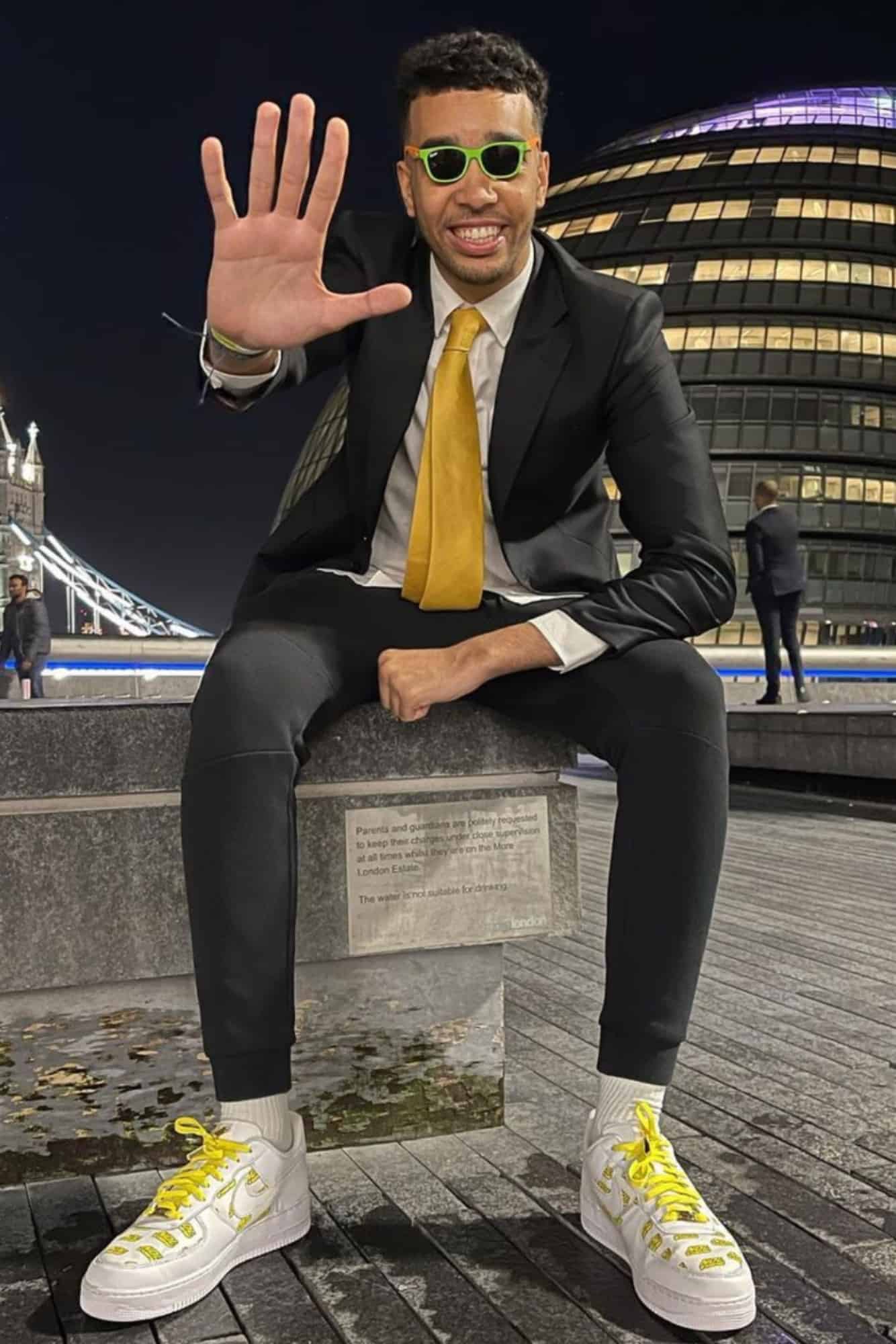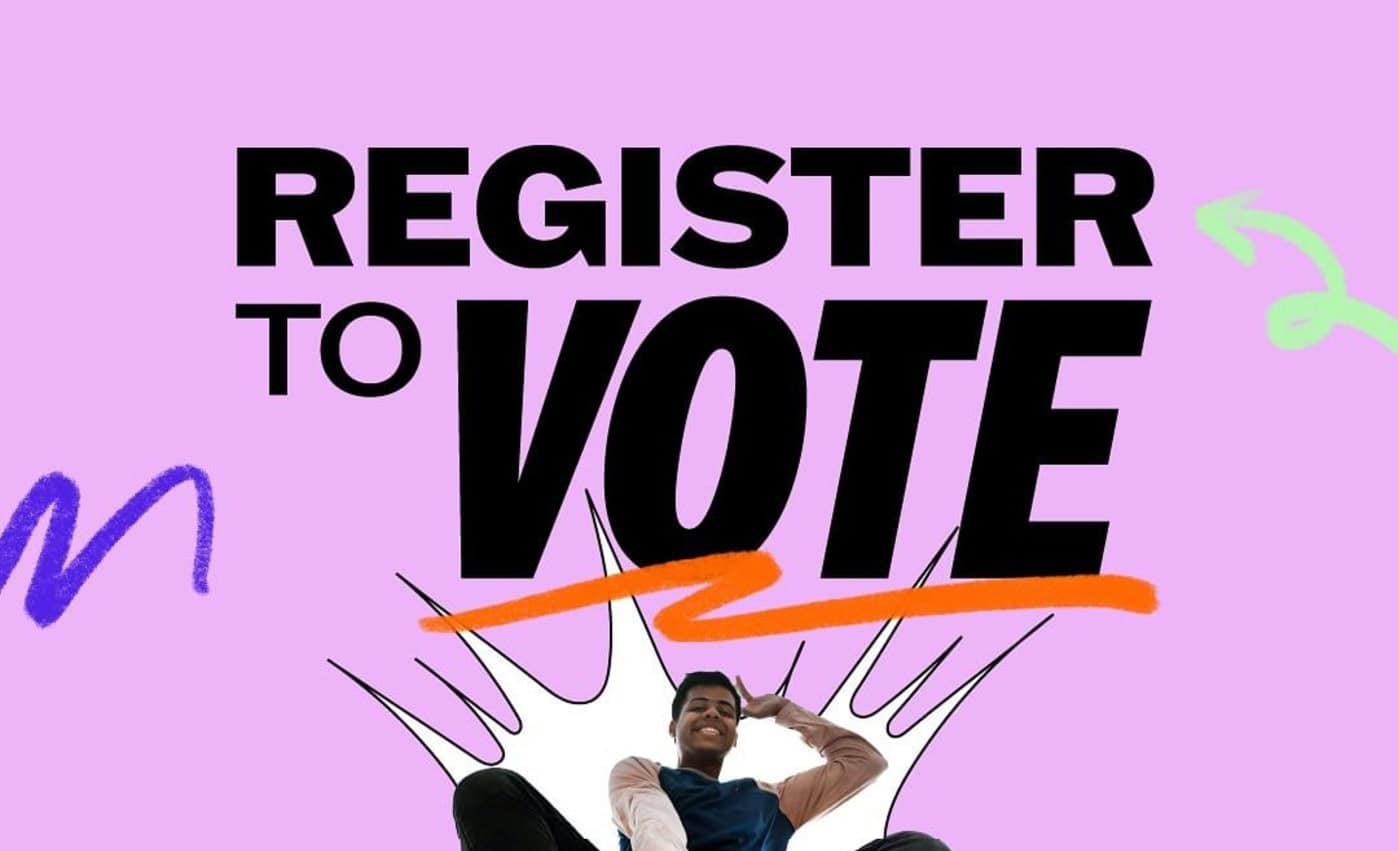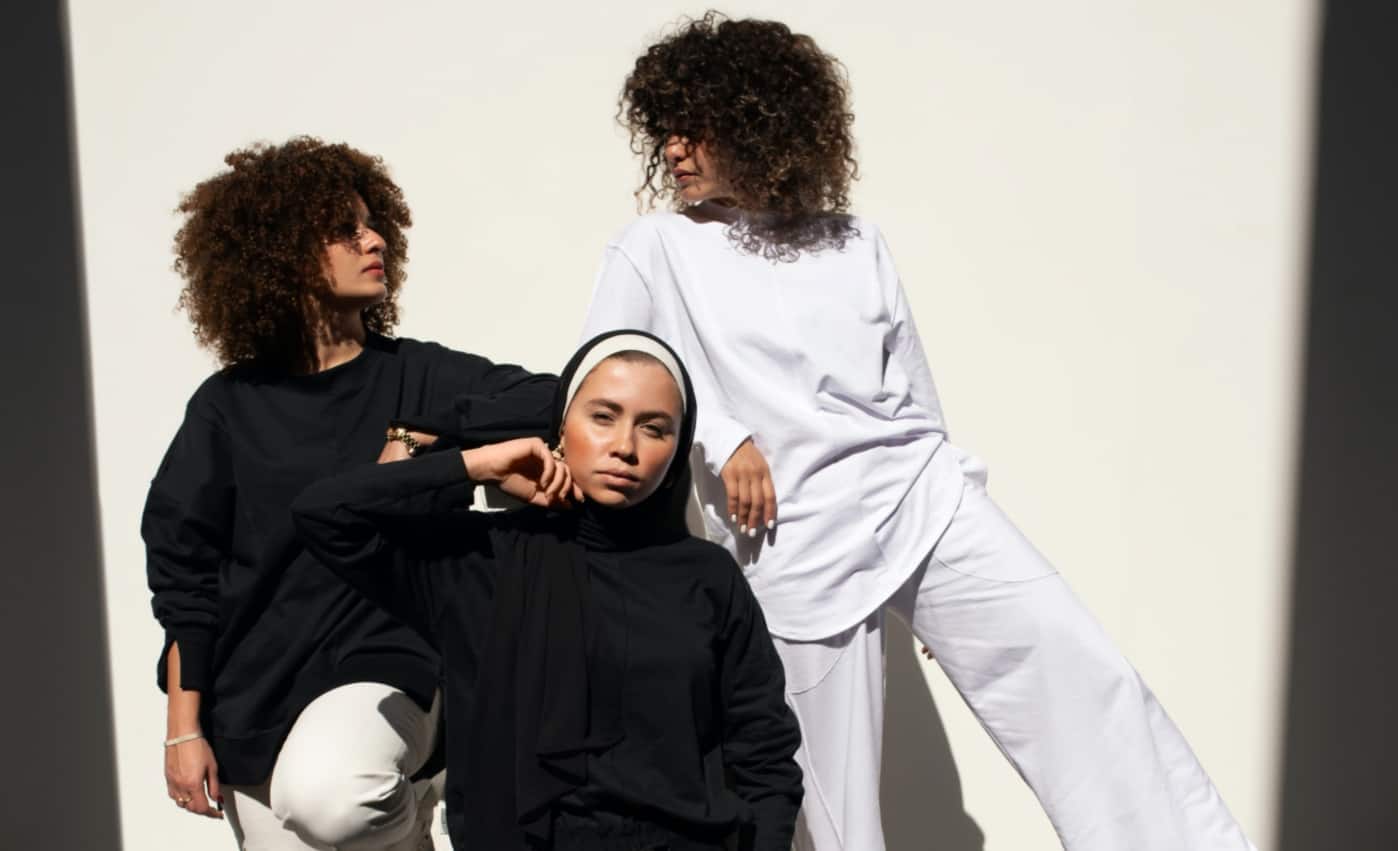Labour’s Sadiq Khan has won a landmark third successive term as mayor of London, following the election on 2 May, and will remain in post for another four years. Khan received 43.8% of the votes cast (1,088,225 votes) and beat the Conservative candidate Susan Hall in second place by more than 276,000 votes.
13 politicians were in the running for London mayor, with Khan and Hall named the frontrunners at an early stage. CORQ has analysed the two main candidates’ social campaigns and use of influencers, and how this played into the final result.
One key difference between the two frontrunners’ campaigns was their use of social media. While Khan has been active on Instagram (157K followers), TikTok (75K), Facebook (746K) and X (formerly Twitter, 1.1M), Hall has a presence on X (33K followers) and Facebook (14K followers), but only 650 Instagram followers. Though it may be unsurprising that Khan has a greater presence, having been the incumbent mayor since 2016, crucially he has also been posting more frequently than Hall. Social media is an essential route to reaching young people, which is especially important as the 18- to 34-year-old demographic has been increasingly disengaged with politics in recent years.
Both candidates incorporated creators into their campaigns, though in different ways. Hall talked to lifestyle creator Georgie Clarke about women’s safety, particularly on public transport in London, though it is worth noting the Instagram video only included Clarke speaking. The creator also wrote in the caption: “I want to clarify that my involvement in this conversation stems from a deep-seated concern for my community’s well-being, not any political allegiance.” Clarke has been open about her experience of sexual harassment on the tube and has talked about not receiving replies to her letters to Sadiq Khan’s office.
Hall also received criticism from influencers – for example, podcasters Nish Kumar and Coco Khan discussed Hall’s previous social media activity and wrote: “Please. For the love of God, Londoners. Don’t let Susan Hall and her racist bullshit get into office.”
Meanwhile, Khan incorporated creators in his campaign strategy to a greater degree. For example, he sat down with TV personality Georgia Harrison to discuss his plans to tackle violence against girls and women. In an Instagram post, the pair talked about the politician’s ten-point action plan, which includes free legal help and aid for victims and encouraging men to be better allies. The video had more than 10,000 likes in a week, as well as more than 50,000 views on TikTok.
You may also like
Harrison is not only relevant in the cultural zeitgeist due to her recent appearance on Love Island: All Stars, she is also a voice for victims of sexual abuse following her highly publicised court case against ex-partner Stephen Bear, who filmed them having sex against her knowledge and released the footage on OnlyFans. He was found guilty of one count of voyeurism and two counts of disclosing a private sexual film, and was sentenced to 21 months in prison – he was released in January 2024 after serving ten-and-a-half months. Harrison has since spoken about her experience and advocated for victims of sexual crimes, making her a good fit for the conversation.
Khan also appeared on journalist and parenting blogger Alison Perry’s Not Another Mummy Podcast, where he focused on more personal matters and other aspects of his politics. In the episode, the London mayor discussed fatherhood, his own upbringing and the importance of free meals for primary school children. The show is one of the UK’s top parenting podcasts, according to Acast, and the format allowed Khan to share personal stories as well as his political plans.
The Labour politician’s free school meals promise also lead to the backing of TV chef Jamie Oliver, who has been working towards healthier and more accessible school lunches for years. While the comment section is divided on Sadiq Khan, Oliver’s Instagram Reel has been viewed more than 1.4 million times and has more than 44,000 likes, making it hugely successful in terms of spreading Khan’s campaign message.
Other influencer content about Khan has been shared more organically as well. London journalist Murtaza Ali Shah has interviewed Khan several times and shared clips both on TikTok and Instagram, while food and travel creator Malika Chopra excitedly announced the mayor’s recent trial of cheaper travel on Fridays. US actor Mark Hamill announced his support, and comedy creator Josh Berry made a skit about rebranding Khan’s campaign. YouTuber Amelia Dimoldenberg, campaigner Jamie Klingler and writer Jason Okundaye also shared their support for Sadiq Khan in the election as the time to vote neared.
Creator content and celebrity endorsements played a big part in winning Sadiq Khan his unprecedented third term as mayor of London. The local elections are an interesting case study ahead of the upcoming general election, and it remains to be seen how the political parties will utilise socials and influencer marketing, which looks to be a contributing factor for success.
By Dina Zubi, CORQ news and features writer. Picture credit: Sadiq Khan and Georgia Harrison via Instagram










Two YouTubers are running to be Mayor of London in the 2021 election